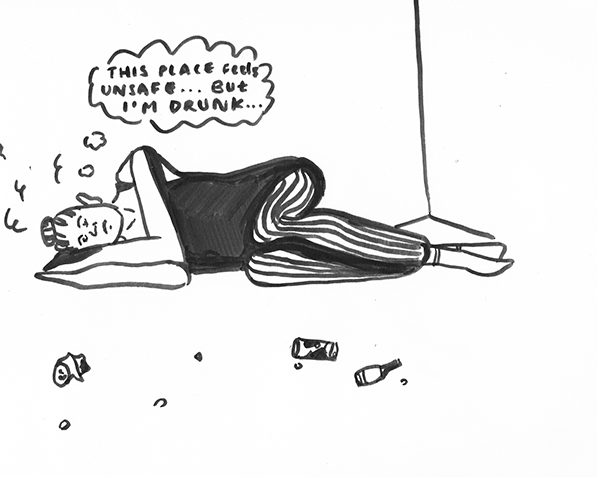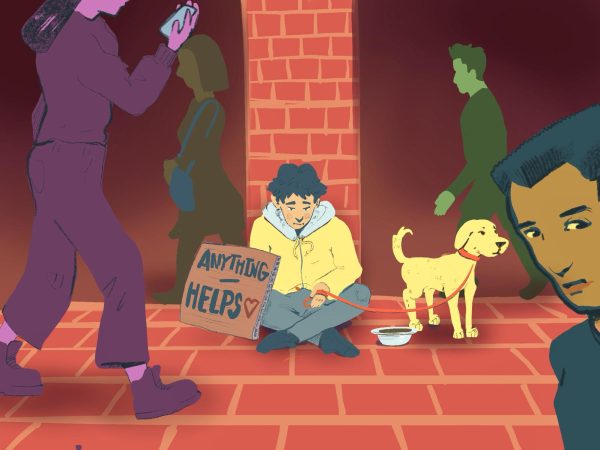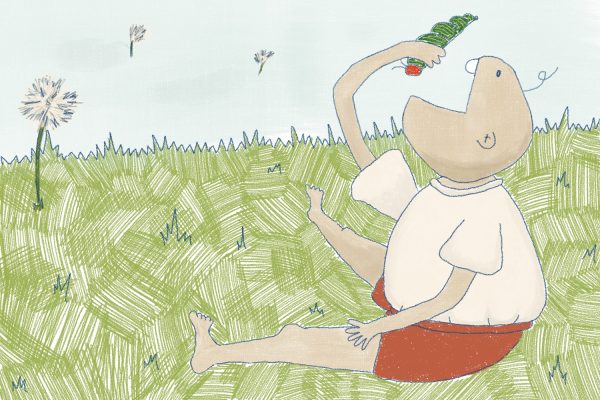Medical amnesty faces conflict in WE
January 18, 2019
In December of 2018, CBS This Morning released a segment on UVM’s Wellness Environment.
The segment praises the Wellness Environment for its ability to create a safer environment in a school that is notorious for partying.
According to the segment, students in WE see improved GPAs and reduced binge drinking in comparison to students living outside of WE.
This is promising in a time when many college students frequently abuse alcohol and other substances.
However, WE has a major flaw that is endangering students.
According to the WE code, the housing program has a strict policy that removes students from their dorm if they are found under the influence of drugs or alcohol.
This may inadvertently cause an intoxicated student to not return to their dorm after a party to avoid the risk of being kicked out of WE.
A student who fears returning to their dorm that night and stays somewhere else could put themselves in danger of assault.
While this is not the intention of the policy, it can be a result.
According to the WE code, the program honors the UVM Medical Amnesty Program, meaning that if you enter your dorm intoxicated to the point of needing medical assistance, you will not face consequences.
For WE, this means you will not be removed from your dorm.
The problem is that if students in WE go out and have too much to drink, they may not feel comfortable asking for medical assistance, or even remember the Medical Amnesty Program while inebriated.
To avoid consequences, they may stay out and put themselves at risk.
According to a 2018 study from Dr. Amie L. Haas, a clinical psychologist at Palo Alto University, medical amnesty policies found modest increases in reporting emergencies to residential staff.
Haas stated that additional research is needed to show if these policies reduce harmful drinking.
The increase in reporting emergencies is great for student safety and shows that these medical amnesty policies can be successful.
I am in no way against the Wellness Environment, and I believe that the program has overall been very successful.
However, as this program develops, it is important to continue to prioritize student safety above all else.

















![Can’t buy me [self] love](https://vtcynic.com/wp-content/uploads/2024/04/self-care-FINAL-600x398.jpg)

Joseph Smith • Jan 25, 2019 at 11:12 am
Why does the Cynic editor deconstruct well-written paragraphs to create one-sentence paragraphs? Irritating to the reader/